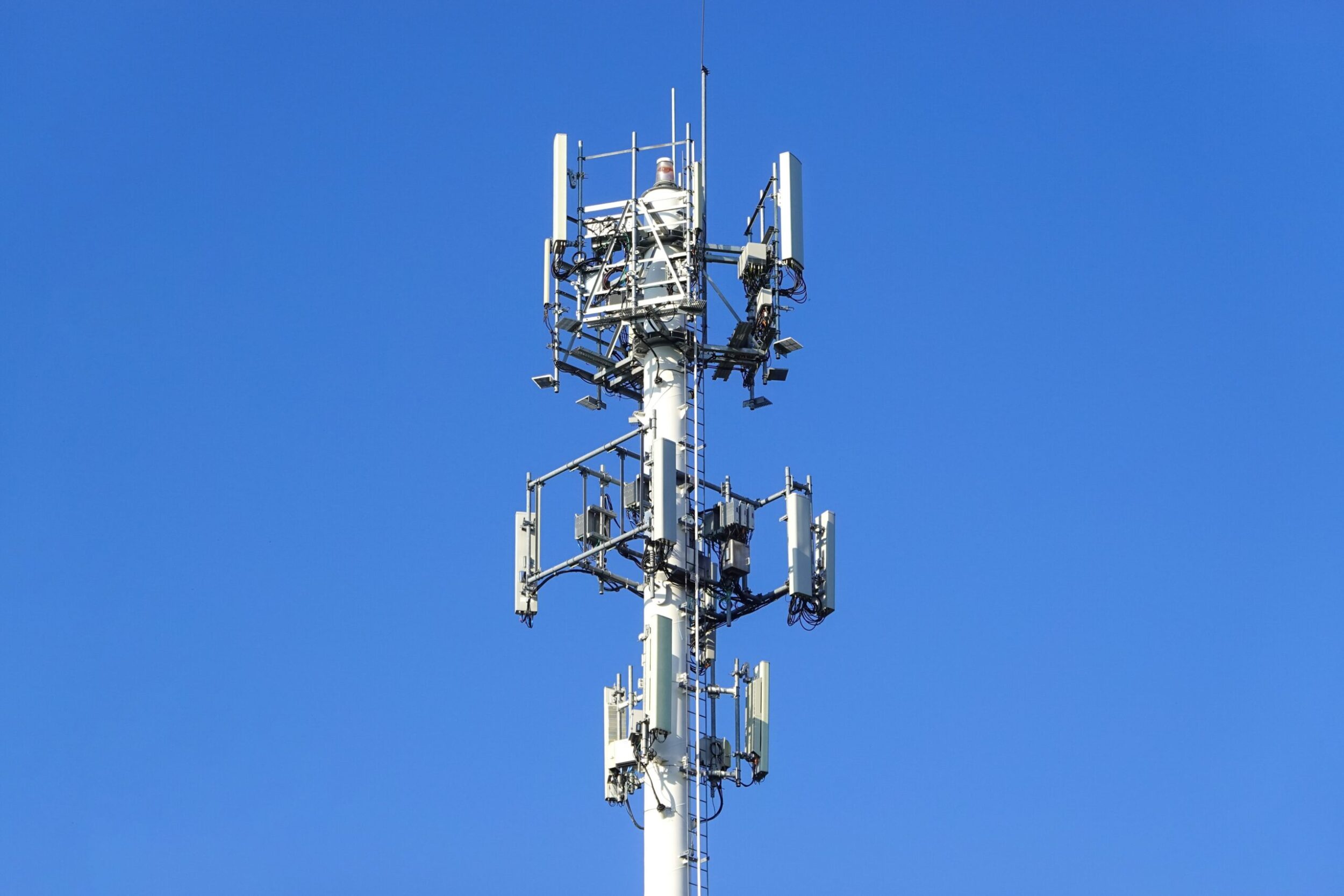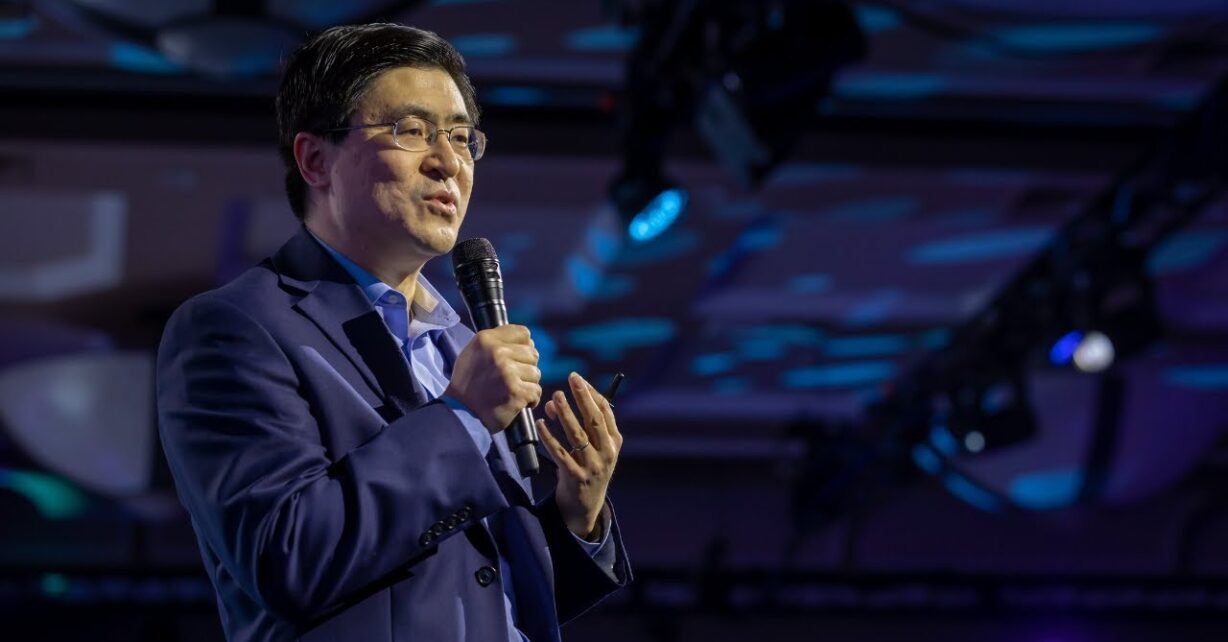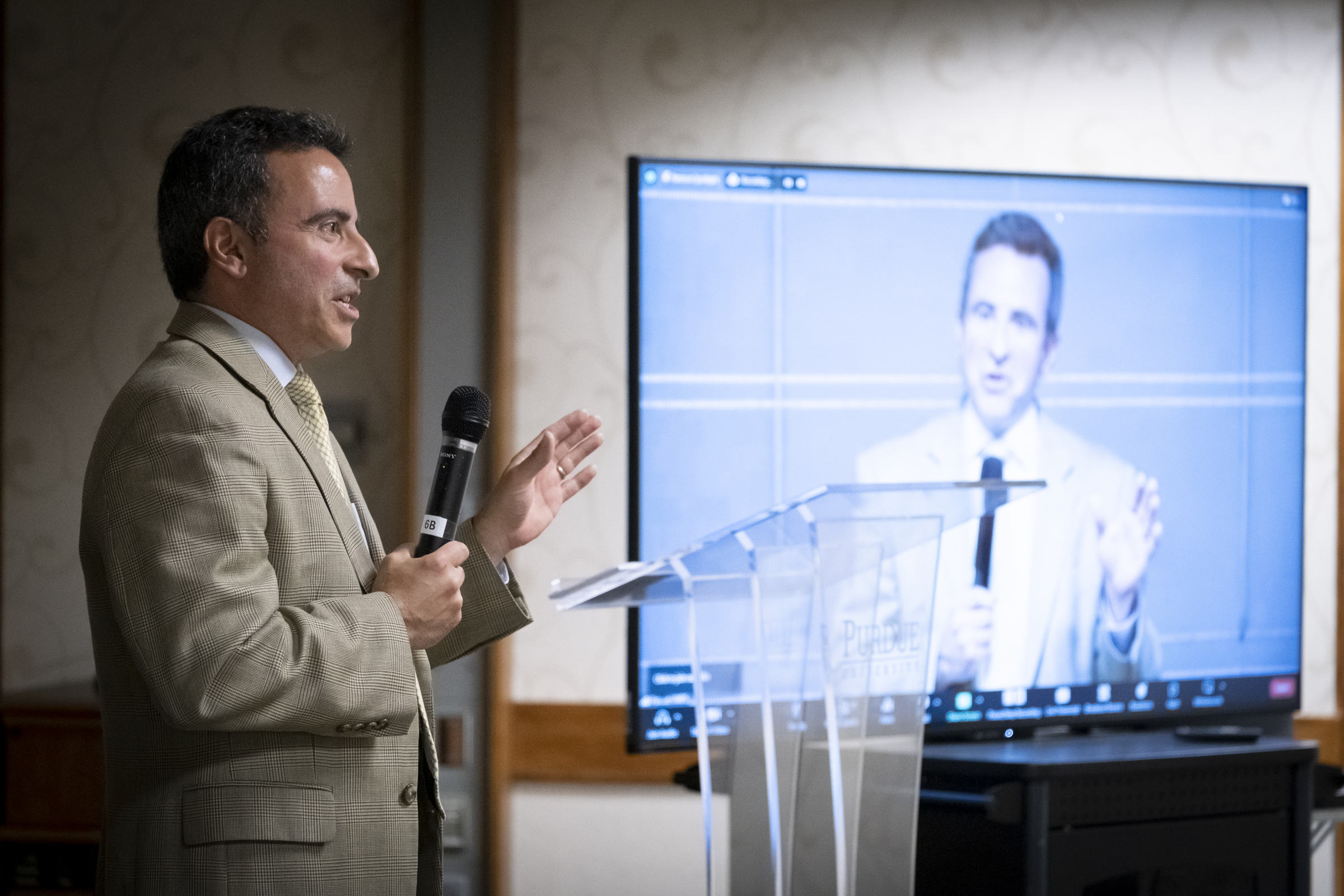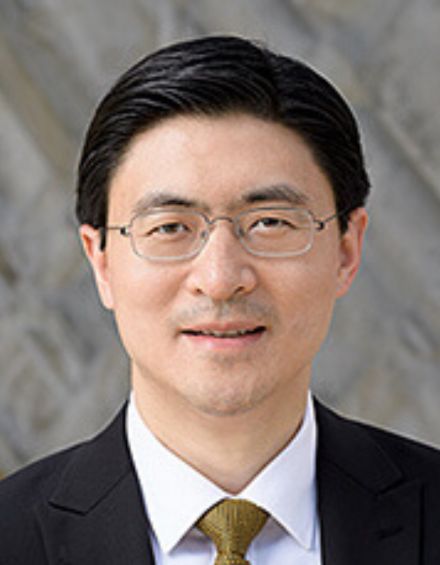
Mung Chiang
Co-Founder Krach Institute for Tech Diplomacy at Purdue
President Purdue University
Mung Chiang is president of Purdue University and the Roscoe H. George Distinguished Professor of Electrical and Computer Engineering. From July 2017 to June 2022, he was the John A. Edwardson Dean of the College of Engineering. From April 2021 to December 2022, he was the executive vice president for strategic initiatives.
As the engineering dean, he led the college to its first back-to-back top 4 graduate rankings in the U.S. while growing it to be the largest top 10 undergraduate engineering college in the country. Undergraduate admissions applicant number, selectivity, yield rate and graduation rate, as well as women and minority enrollment percentages, all achieved new records. Online program size more than quadrupled, while the ranking for best online master’s in engineering programs advanced to the top 3 in the U.S. New degrees were launched, and enrollment in professional master’s programs more than quadrupled.
Annual research awards surged over 70% in five years, including the largest federal funding and the largest industry funding awards in college history and 12 national research centers headquartered at or co-led by Purdue. Patent applications increased by about 40%, and the college contributed to Purdue’s Ever True campaign in excess of $1 billion. The “pinnacle of excellence at scale” in the college is further supported by 15 facility construction or renovation projects completed since 2017, including Dudley Hall and Lambertus Hall.
As an executive vice president of the university, Chiang worked with many colleagues to help launch initiatives in national security technology and semiconductor and life science manufacturing, in Discovery Park District at Purdue’s aerospace cluster and the Lab to Life residential neighborhood, and in economic growth through federal, state and private-sector opportunities.
Previously, Chiang was the Arthur LeGrand Doty Professor of Electrical Engineering at Princeton University, where he was the inaugural chairman of the Princeton Entrepreneurship Council and director of the Keller Center for Innovation in Engineering Education. He helped launch entrepreneurial programs at Princeton and was named a New Jersey CEO of the Year (2014). He received a BS (Honors) in electrical engineering and in mathematics and an MS and PhD in electrical engineering from Stanford University.
As a researcher, Chiang received the National Science Foundation’s Alan T. Waterman Award (2013), the highest honor presented to an American researcher under the age of 40. For his pioneering work in edge computing, network utility maximization and wireless resource allocation, he also received the IEEE INFOCOM Achievement Award (2022), Guggenheim Fellowship (2014), IEEE Kiyo Tomiyasu Award (2012), Presidential Early Career Award for Scientists and Engineers (2008) and MIT Technology Review TR35 Award (2007). His research publications on internet congestion control and routing, wireless power control and scheduling, cloud and video optimization, smart data pricing and social learning networks have received over 30,000 citations, with an h-index of 81, and won best paper prizes at IEEE INFOCOM (2012), IEEE SECON (2013) and ACM MobiHoc (2021). He was elected to the National Academy of Inventors (2020) and the Royal Swedish Academy of Engineering Sciences (2021).
As a teacher, Chiang received the Distinguished Teaching Award in Engineering (2016) at Princeton University for creating an interdisciplinary undergraduate course, flipping the classroom and teaching one of the university’s first massive open online courses, which has been taught to over 400,000 people. His textbook “Networked Life” (Cambridge University Press, 2012) received the ASEE Frederick E. Terman Award (2013) and an American Association of Publishers PROSE Award (2012). He has advised more than 50 PhD students and postdoctoral researchers, including 24 who have become faculty in research universities.
As an inventor and entrepreneur, Chiang has 25 U.S. patents, most of which have been licensed and deployed by the communications and networking industry. He co-founded three startup companies in mobile networks, artificial intelligence and the Internet of Things, based on the research at Princeton Edge Lab, and co-founded a global nonprofit, the OpenFog Consortium, now part of the global Industrial Internet Consortium. He was the founding CEO of DataMi, which has served over 60 million users around the world in bridging the digital divide.
As a diplomat and policymaker, Chiang was the science and technology advisor to the U.S. Secretary of State and initiated the U.S. government’s tech diplomacy programs. Since returning from Washington, D.C., in 2020, he co-founded the Krach Institute of Tech Diplomacy at Purdue and serves as the technology and innovation advisor to his home state of Indiana.
During my tenure as the Science and Technology Adviser to the U.S. Secretary of State, I witnessed the bipartisan and growing appreciation of the intersection between critical technologies and American foreign policy. Soon after returning to Purdue University in December 2020, we launched the Center for Tech Diplomacy at Purdue to contribute to a crisp and essential vision: technology must advance freedom.
Conversation With Mung Chiang about AI and Chips
Purdue University President Mung Chiang and GSV Ventures Principal Kevin Zhang discuss chips, physical AI, and universities at the 2023 ASU+GSV Summit.
Work by Mung Chiang
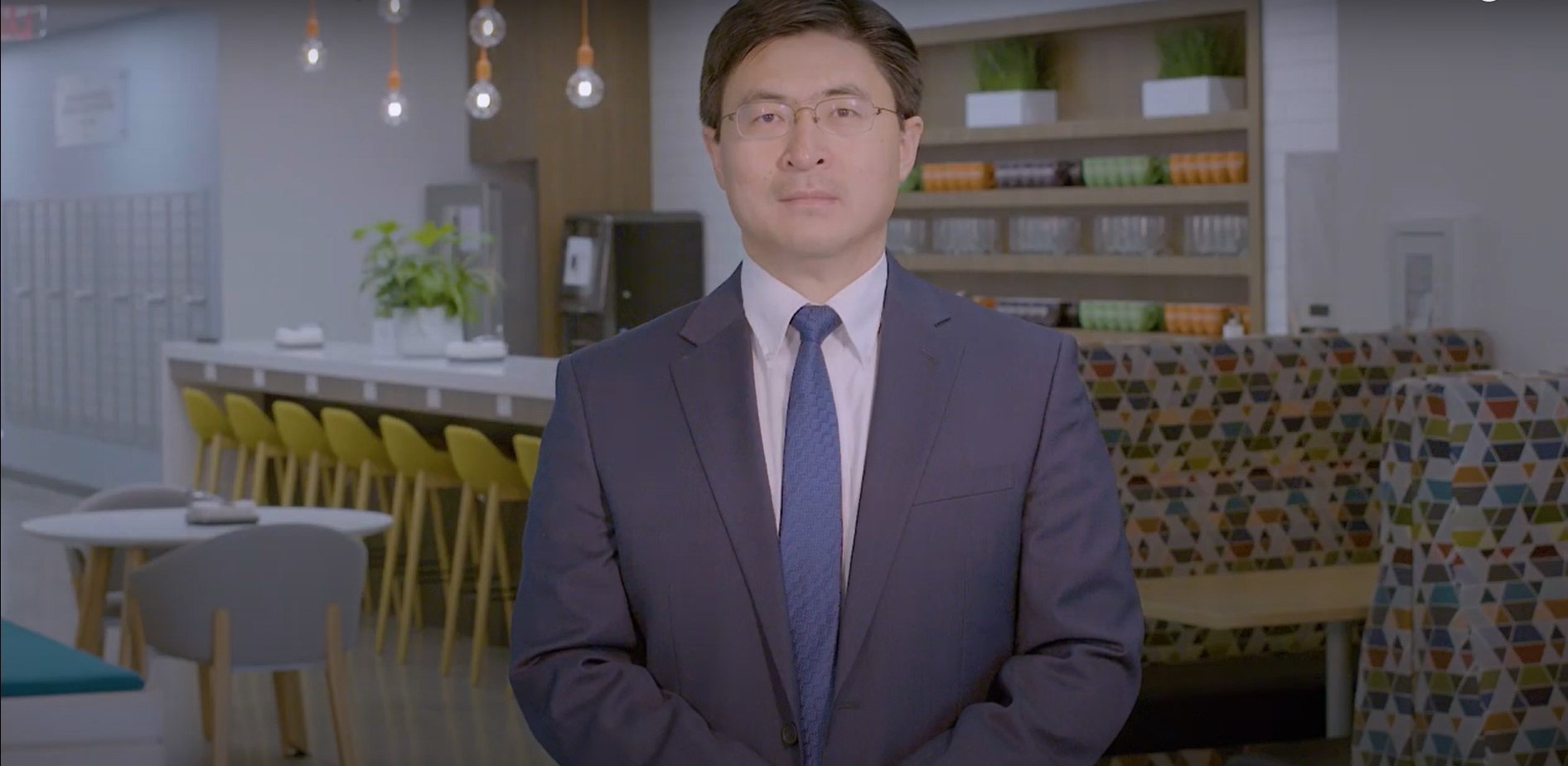
An Introduction to the Krach Institute for Tech Diplomacy at Purdue
Dr. Mung Chiang introduces the Center for Tech Diplomacy at Purdue vision, mission, and initial activities.
